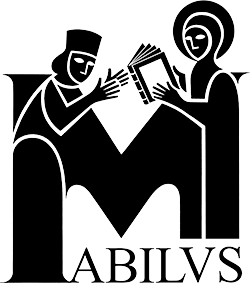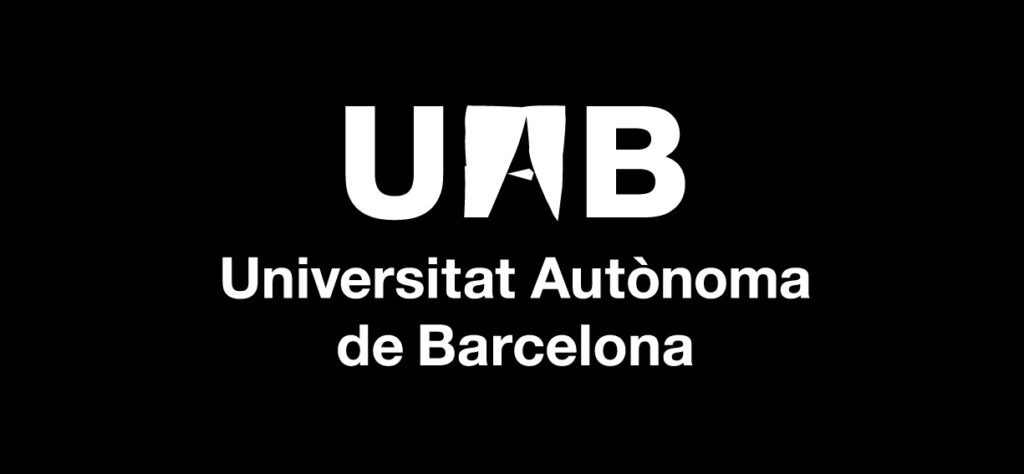She is a research scientist at CSIC since 2008 and, since 2019, director of the Institute of Languages and Cultures of the Mediterranean and the Near East. She has been director of the journal Estudios bizantinos (2013-19) and president of the Sociedad Española de Bizantinística (2009-2017).
Since her doctoral and postdoctoral training, she has worked assiduously in most of the European libraries that preserve Greek manuscripts (Bibliothèque Nationale de France 1988-89, Biblioteca Nacional de España and El Escorial 1989-92, Biblioteca Apostolica Vaticana 1993-1996, etc.), acquiring great experience in their codicological and palaeographic study, the textual transmission of Greek texts, and their reception in Byzantium. After the publication of her doctoral thesis and other research that she carried out at the same time, her interests shifted from the ancient texts to their reception in Byzantium, using the Greek manuscripts as an inexhaustible source of unpublished materials on Byzantine cultural history, the activity of its scholars (John Pediasimos, Manuel Bryennios, Gregory of Cyprus, Maximos Planudes, Nikephoros Gregoras) and the transmission of Greek texts, especially within the framework of the higher education provided in Constantinople and Thessalonike. The Greek manuscripts ceased to be milestones in the transmission of texts and became a manifestation of a rich, complex, and largely unexplored book culture.
A large part of her scientific production is marked by findings of a textual or palaeographic nature in Byzantine manuscripts, in different fields: the historical context of the transmission of texts, the palaeographic identification of the Byzantine copyists or scholars who were involved in that transmission, the historical contextualization of text copying, Byzantine work on ancient texts, Byzantine copy centers and libraries, the history of manuscripts until their arrival in Italy and Spain, and the formation of the libraries of Spanish humanists.
At present she is working on the transmission of scientific and technical texts, both ancient and Byzantine, with the aim of reconstructing the intellectual work of the Byzantines in some little-studied fields of knowledge, especially geography. She is also researching on Byzantine education, especially that which is placed on the margin of the traditional trivium and quadrivium (which do not respond to the flexibility of the contents of teaching in Byzantium) and that which is more akin to applied or technical science. She is also deal with the organization of knowledge as perceived in book inventories and libraries.
She has co-organized the VII International Congress of Greek Paleography (Madrid, 2008) and two exhibitions of Greek manuscripts at the BNE (2008, Lecturas de Bizancio) and at Universidad de Salamanca (2012, Diego de Covarrubias: el hombre y los libros), becoming acquainted with illuminated Greek manuscripts preserved in Spain and publishing later on specific studies on some of them.
In the academic year 2009-10 she spent one year in the Department of Classics, Harvard University, followed in 2013 by a Summer fellowship at Dumbarton Oaks, Washington DC, where she started working on Aristotle’s reception in Byzantium and especially on Michael Psellos’ writings.
She has published in the most prestigious journals of Byzantine Studies and Greek Palaeography (Byzantinische Zeitschrift, Jahrbuch der Österreichischen Byzantinistik, Revue des Études Byzantines, Byzantion, Greek Roman and Byzantine Studies, Rivista di Studi Bizantini e Neoellenici, Scriptorium, Segno e Testo) and collaborated in publications of De Gruyter, Oxford University Press, Cambridge University Press, Editoria Vaticana, Brill, Brepols.




